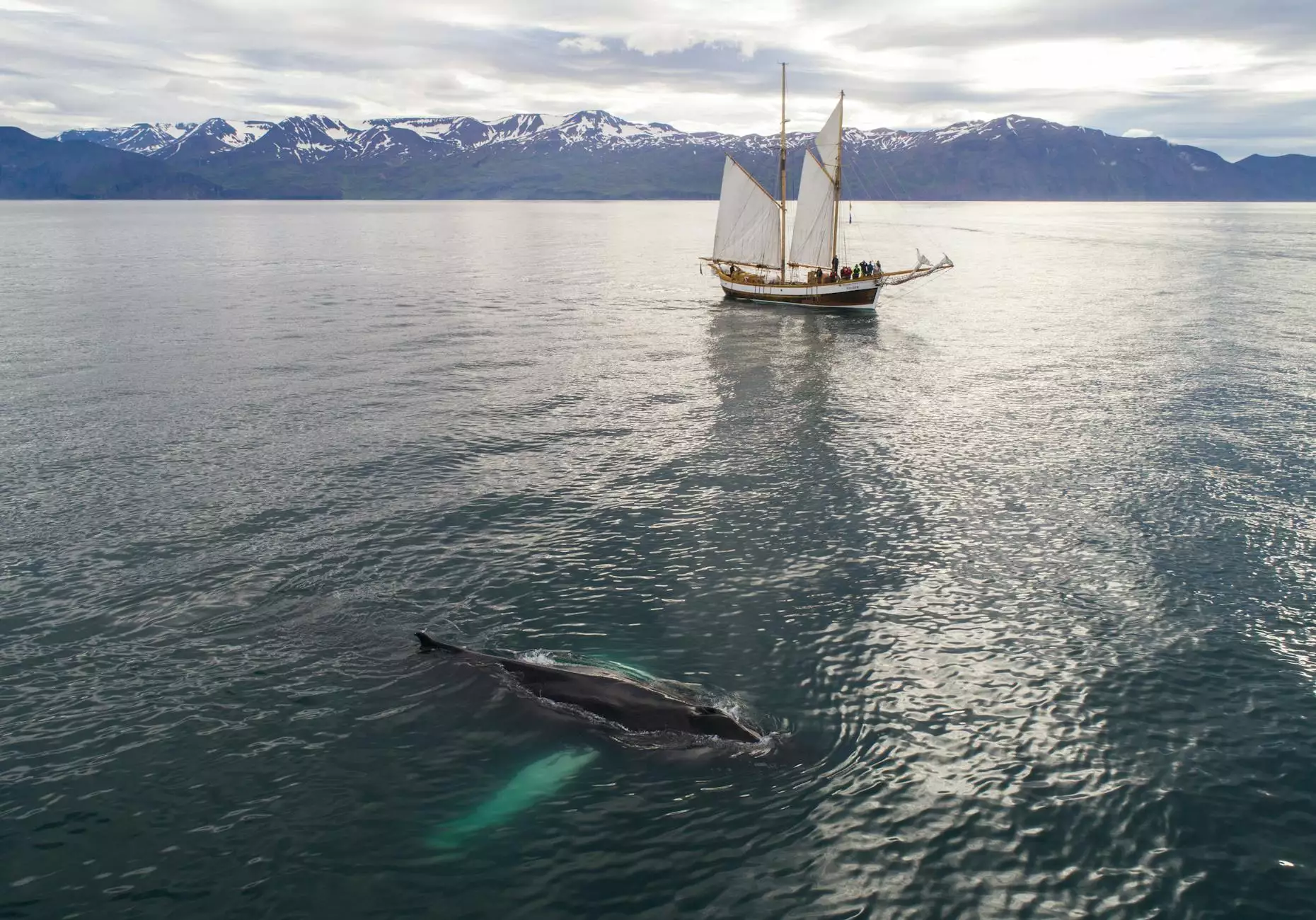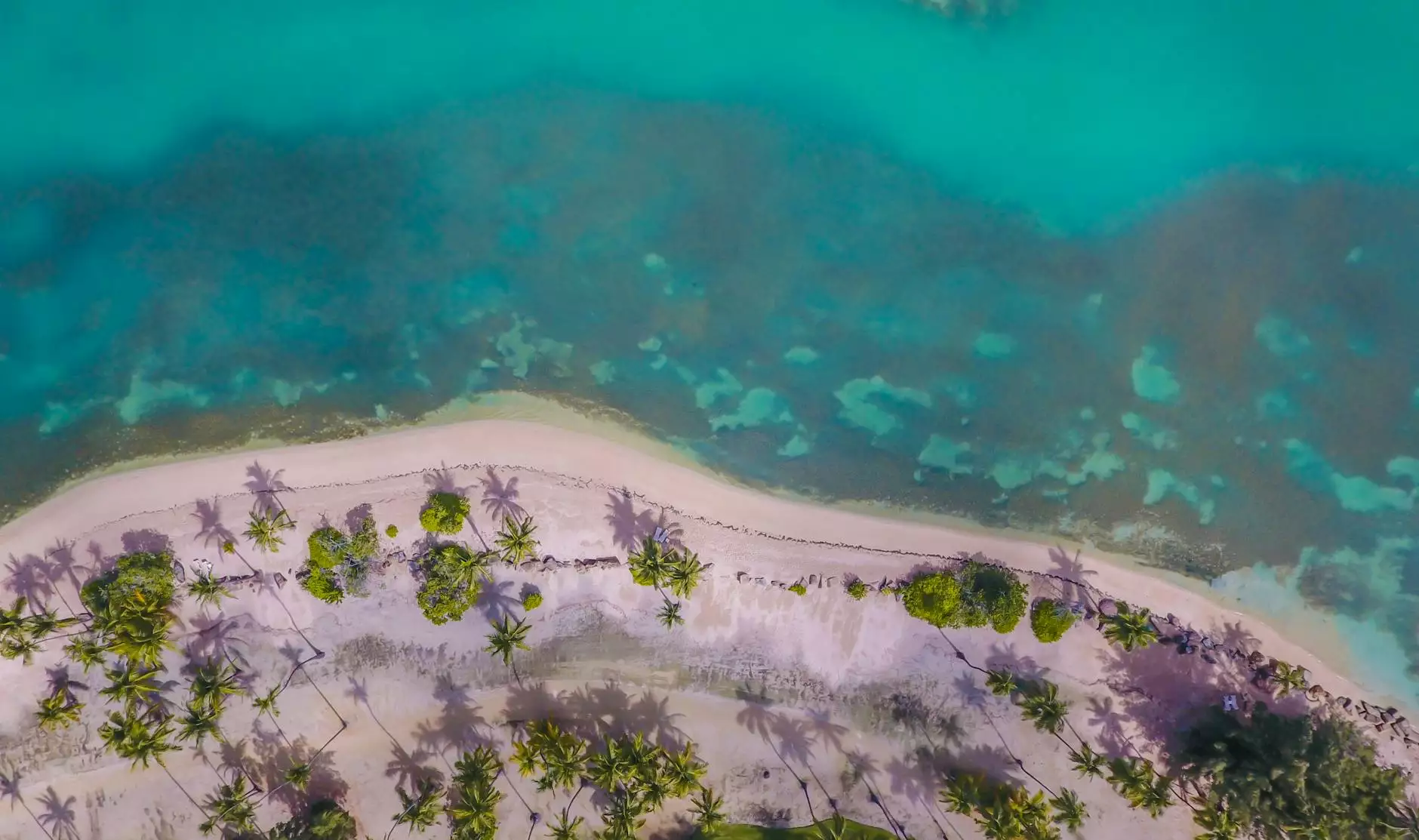Boat Run Over Accidents In Florida: The Danger For Divers and Snorkelers

Introduction
Welcome to Baytowne Reporting! In this article, we will delve into the serious issue of boat run over accidents in Florida and the dangers they pose for divers and snorkelers. Whether you are a local resident or a tourist visiting the beautiful state of Florida, understanding the risks and taking necessary precautions can help keep you safe while indulging in underwater activities.
The Magnificence of Florida's Waters
Florida is renowned for its stunning coastlines, crystal-clear waters, and diverse marine life. The state offers a plethora of opportunities for diving and snorkeling enthusiasts to explore its vibrant underwater world. From the Florida Keys to the Gulf of Mexico and the Atlantic Ocean, Florida boasts an extensive network of coral reefs, wrecks, and marine sanctuaries that attract divers and snorkelers from around the world.
The Risks of Boat Run Over Accidents
Unfortunately, amidst the beauty and tranquility of Florida's waters, there exists a significant risk of boat run over accidents. Divers and snorkelers may encounter boats traveling at high speeds, often unaware of their presence below the surface. These accidents can lead to severe injuries or even fatalities.
1. Lack of Awareness
One of the primary reasons behind boat run over accidents in Florida is the lack of awareness among boat operators about the presence of divers and snorkelers in the water. This may be due to the absence of proper lookout or negligence in following the necessary safety guidelines. It is crucial for divers, snorkelers, and boat operators alike to educate themselves about the laws and regulations pertaining to water activities.
2. Traffic Congestion
Florida's pristine waters attract a considerable number of watercraft, especially in popular diving and snorkeling locations. The congestion of boats in these areas increases the chances of accidents, as it becomes challenging for boat operators to navigate safely while keeping an eye out for divers and snorkelers. It is advisable to seek out dive spots with fewer boat activities or choose off-peak times for a safer experience.
Staying Safe: Tips for Divers and Snorkelers
1. Proper Equipment
Using appropriate dive flags, dive marker buoys, and brightly colored snorkels can help increase visibility and alert nearby boats to your presence. It is essential to invest in high-quality diving equipment and ensure regular maintenance to minimize the risk of equipment failure during your underwater adventures.
2. Dive in Groups
Diving with a group not only enhances the overall experience but also improves safety. Group diving allows for enhanced visibility, making it easier for boat operators to spot divers in the water. Additionally, having a buddy system ensures mutual support in case of emergencies.
3. Stay within Designated Areas
Always dive or snorkel within designated areas to reduce the chances of encountering boat traffic. These zones are often marked clearly and are known for their safety measures. Familiarize yourself with local regulations and abide by them to protect yourself and preserve the marine environment.
4. Communication is Key
Establishing clear communication with boat operators is essential. Use hand signals or underwater noisemakers to make your presence known. Before diving, check if the boat operators are aware of your activity and ensure they understand proper protocols for approaching divers in the water.
Conclusion
It is paramount to understand the risks associated with boat run over accidents in Florida, especially for divers and snorkelers. By raising awareness about these dangers and adopting safety measures, we can significantly reduce the occurrence of such accidents, ensuring everyone can enjoy Florida's beautiful waters responsibly. At Baytowne Reporting, we prioritize your safety, and we urge you to follow the guidelines and tips provided to make your underwater adventures in Florida as enjoyable and risk-free as possible.
Disclaimer
Please note that the information provided in this article is for informational purposes only and should not be construed as legal or professional advice. For specific guidance on legal matters related to boat run over accidents, we recommend consulting with a qualified attorney specializing in maritime law.










